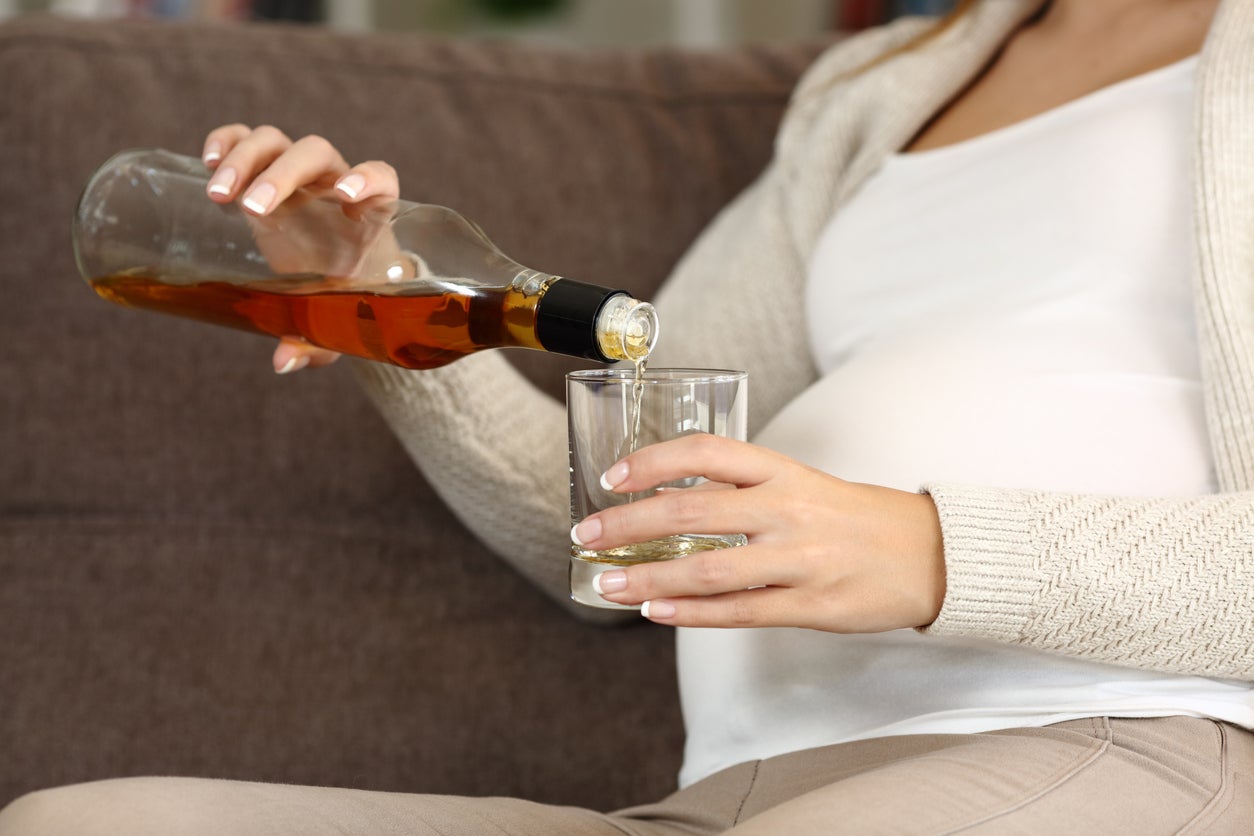We aren’t drinking to our good health – more education on the harmful effects of alcohol is long overdue
Even consuming so-called ‘low-levels’ of booze can have profound effects on developing brains and damage ageing ones


Your support helps us to tell the story
From reproductive rights to climate change to Big Tech, The Independent is on the ground when the story is developing. Whether it's investigating the financials of Elon Musk's pro-Trump PAC or producing our latest documentary, 'The A Word', which shines a light on the American women fighting for reproductive rights, we know how important it is to parse out the facts from the messaging.
At such a critical moment in US history, we need reporters on the ground. Your donation allows us to keep sending journalists to speak to both sides of the story.
The Independent is trusted by Americans across the entire political spectrum. And unlike many other quality news outlets, we choose not to lock Americans out of our reporting and analysis with paywalls. We believe quality journalism should be available to everyone, paid for by those who can afford it.
Your support makes all the difference.If alcohol were marketed as a drug in 2020, it would likely be illegal. Telling us that drinking too much can be bad for our health should come as no surprise. But it’s our most popular social lubricant and not likely to disappear from our cabinets and cellars any time soon.
The new study by the British Medical Journal I worked on, Lifetime perspective on alcohol and brain health, shows we need to be extra careful during three key stages in our lives. A lifespan approach to reducing harm from alcohol makes perfect sense when we really dig deep into the science.
The first key stage is pregnancy. Heavy drinking during pregnancy can cause foetal alcohol spectrum disorder (FASD). Babies with this disorder are born with smaller brains and intellectual disability. But that’s not all. Even low or moderate levels of alcohol consumption during pregnancy can mean children grow up with poor social and psychological adjustment.
In short, there is no safe level of alcohol consumption in pregnancy. That’s worrying, considering that 1 in 10 pregnant women around the world drink alcohol. In the UK, that rises steeply to 4 in 10. The gap between drinking in women compared with men is also narrowing fast .
In the UK, screening rates differ considerably. In fact, according to the British Journal of Midwifery, only about a third of midwives in England provide structured advice on alcohol use in pregnancy. That’s not what I would call public education with an evidence base.
Another key time for extra vigilance is in adolescence. More than 1 in 5 of 15-19-year-olds, in Europe and other high-income countries, report at least occasional binge drinking. This pattern of boozing is known to be associated with a smaller brain and reduced brain connectivity, research from the University of Sydney has shown, both of which often means poor intellectual development.
If you’ve got through both these key stages unblemished, then you still can’t sit on your laurels. The third key stage is later life. Anyone in the baby boomer generation, now in their 50s, 60s and 70s, has been born into an era when drinking patterns adopted during their youth now mean that they have the sharpest rise in risky drinking compared with all other generations, according to data from the Office of National Statistics.
Pregnancy research, from Oxford University in a Whitehall II study, has shown that even moderate drinking can be harmful to the older brain and linked to a small but significant loss of brain volume. If we factor in the impact of the Covid-19 pandemic, older people in the 65-74 age group have shown the highest rise in numbers drinking at probable dependent levels compared with at the start of the year. What’s more, alcohol now ranks alongside smoking and high blood pressure as a preventable risk factor for dementia.
It’s a rum do if we sit on our hands and shrug off the latest research as mumbo jumbo plucked from thin are. But it’s by no means fake news. We continue to face the agonising prospect of babies born with preventable brain changes, adolescents who face an uncertain future because they lag behind their peers both academically and socially, and older people who go into care because alcohol damaged their brain to the point of no return in the shape of dementia. All these are wholly preventable.
Let’s start with a blitz clean of our attitudes towards drinking. It’s no longer just about the Friday night binge and staggering home in a drunken stupor. It’s now the “one more won’t hurt” from a woman carrying a child who may be the next victim of FASD or the cool kid who wants to fit in and binge like his or her mates. It’s now even the middle-aged wine drinker whose glass size has doubled in the past 20 years and can easily work their way through a bottle of red in a couple of days.
Tony Rao is a consultant old-age psychiatrist and visiting lecturer at South London and Maudsley NHS Foundation Trust/Institute of Psychiatry in London. He has recently chaired a working group on patient and carer resources for Covid-19 and mental health. He currently chairs a working group on patient and carer resources for Covid-19 and mental health.

Join our commenting forum
Join thought-provoking conversations, follow other Independent readers and see their replies
Comments